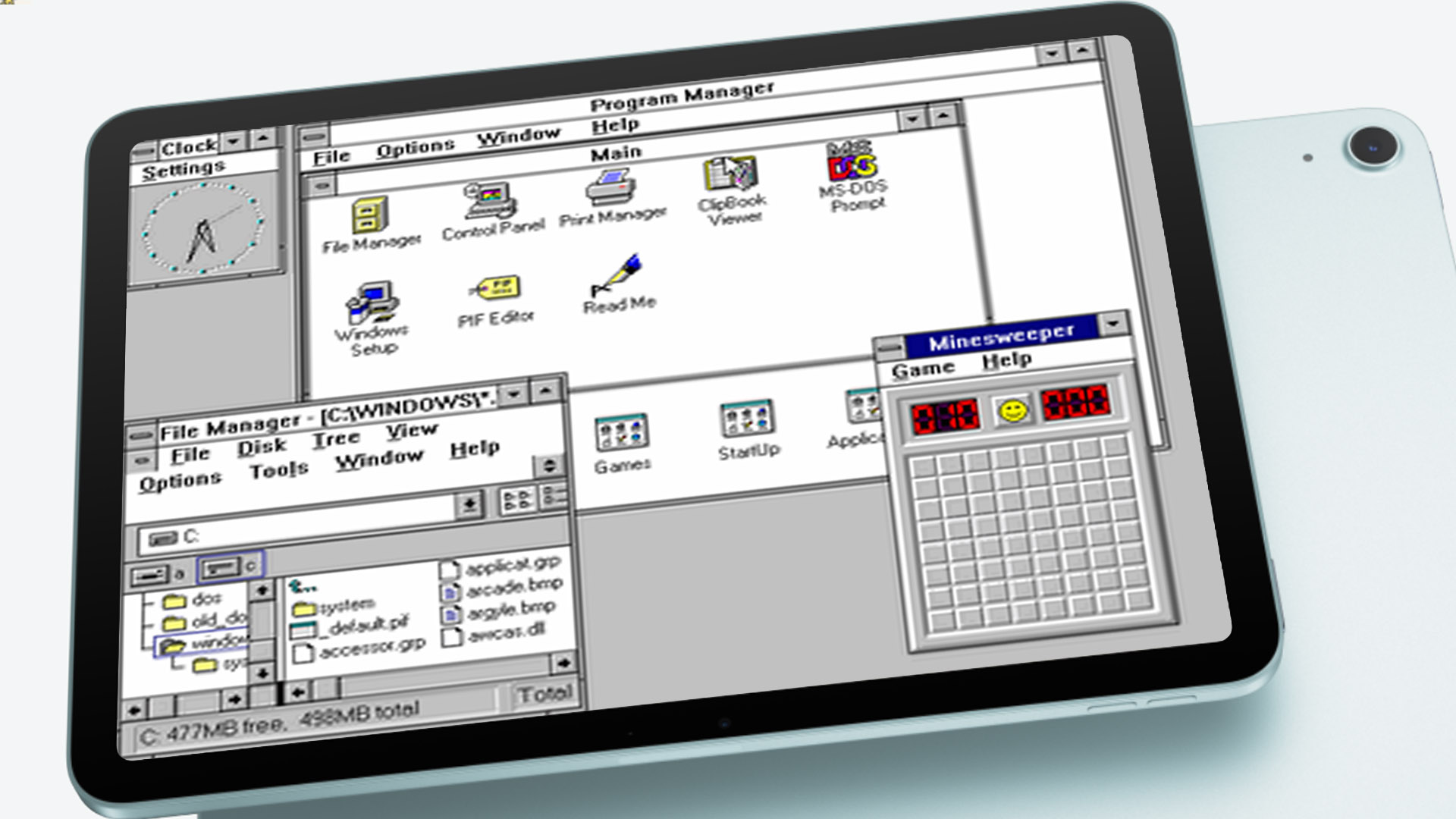Now Reading: New Benchmark to Determine Quantum Computing’s Edge Over Traditional Systems
-
01
New Benchmark to Determine Quantum Computing’s Edge Over Traditional Systems
New Benchmark to Determine Quantum Computing’s Edge Over Traditional Systems

Rapid Summary
- Quantum Computing Benchmark Test: Researchers at Germany’s Jülich Research Center tested 19 different quantum processing units (QPUs) from IBM, Quantinuum, IonQ, Rigetti, and IQM.
- Performance Comparison: IBM’s QPUs excelled at depth-based operations; Quantinuum performed best in width tests involving larger qubit numbers.
- Advancements in IBM Chips: Iterative improvements were noted with the transition from Eagle to Heron chip generations due to better hardware and firmware upgrades. However, the latest Marrakesh chip underperformed despite reduced error rates.
- Significant Milestones: quantinuum’s H2-1 chip surpassed capabilities of classical computers with triumphant benchmarks at a width of 56-qubits using Linear Ramp Quantum Approximate Optimization Algorithm (LR-QAOA). IBM’s Fez excelled in managing problems requiring significant depth.
- Benchmark Methodology: Based on solving MaxCut problems – complex optimization challenges scalable for testing computational limits – useful for determining QPU capabilities but limited by fixed computation schedules.
indian Opinion Analysis
The benchmarking results signal critical advances in quantum computing technology globally. India could benefit from engaging more actively with firms like IBM and Quantinuum to accelerate its adoption of high-performance quantum systems for public and private applications such as cryptography, artificial intelligence, or optimization challenges across energy sectors.
IBM’s iterative improvements showcase how consistent R&D investments drive progress within a short window of time-an approach that Indian stakeholders can emulate while developing indigenous technologies under schemes like “National Mission on Quantum Technologies.” The findings underscore the importance of fostering global collaborations with leading suppliers while boosting domestic research capacity in high-level algorithms such as MaxCut for local industry use cases.
While these results highlight exciting possibilities beyond current classical computing thresholds,it is indeed equally essential for India to remain cautious about scalability bottlenecks highlighted by researchers-paramount if solutions are intended for broader applications over long-term trajectories.



























